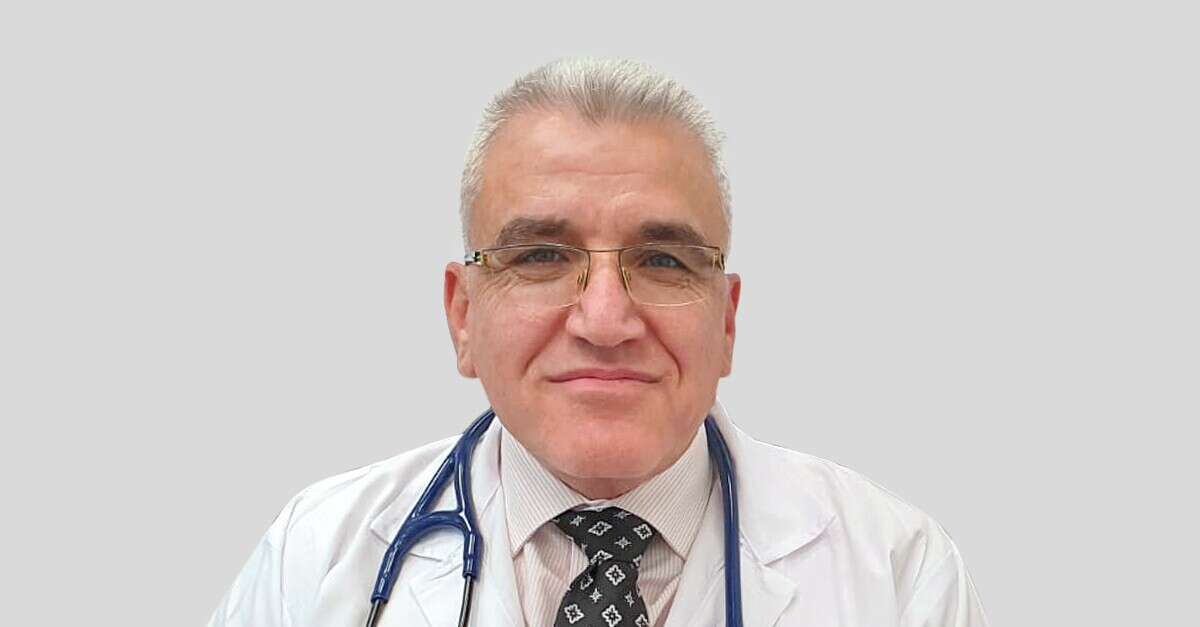Corona morbidity data indicate relatively high levels of adherence to ultra-Orthodox populations, as do some Arab communities. These two groups have unique characteristics that distinguish them from the mainstream of Israeli citizens, and that the treatment of the pandemic outbreak in these communities requires a cultural adjustment that takes into account beliefs, lifestyles, and social baggage. And no, it does not mean merely translating the guidelines into Arabic or Yiddish.
Arab society, for example, is characterized by a dominant collective view. A decision on having funerals with limited participation (up to 20 people), for example, creates a complex challenge in Arab society, which is unfortunately often expressed, in the absence of the guidelines. Life in Arab society does not always take place in the small nuclear family, but in the father's source family. There are more than 20 people in this family circle, and they often live in one common area. The circle of residents of Shiva, in Arab society, is larger than Jewish society and also includes second-degree relatives, such as uncles and grandchildren. This is also recognized in mourning practices in the military and military. Religious rituals such as prayers and funerals, therefore, create complex challenges, even among the ultra-Orthodox population, which are also based on bold collectivism and discipline for rabbis.
Bnei Brak and Deir al-Assad are examples of unique areas that require a culture tailored to prevent the spread of the disease. Alongside the variance, there are similarities between them: large families and crowded conditions that make it very difficult to enforce home closures, certainly in relation to small families in large apartments. The closure policy in these communities was updated, and rightly so. I visited the village of Deir al-Assad this week, and I heard from the energetic council in advance about the activity and cooperation with the Home Front Command. We have all seen IDF soldiers in the Bnei Brak neighborhoods, and suddenly the concept of the "People's Army" has taken on a different meaning, but we will leave it to another column.
Policy adjustment is also needed in the context of periphery, with its unique problems. Public transport in the periphery, for example, is relatively poorer and more bus-based and less taxi-based. From the Golan Heights to the Ziv Medical Center, three bus lines are connected a day. In some villages in the area the situation is even more limited, and the schedule for the single bus line also dictates the queues for doctors and doctors in the hospital. Policymakers must adapt to these uniqueness, while understanding the conditions. Instead of stopping bus traffic, they should be considered to increase the number of passengers, thus maintaining the desired distance.
The mechanism for these adjustments, cultural and geographical, is to my liking in the role of representatives of the various government ministries at the district level, cooperating with the clusters and local government. These factors are the arm of the central government, both operational and planning. We are a small but multicultural state, and there are gaps and inequalities between center and periphery. These issues require the implementation of policy adjustments, restrictions and easements that will achieve public cooperation and ensure the effectiveness of the actions taken.
Dr. Salman Zarqa is the director of Ziv Medical Center
For more views of Salman Zarqa
